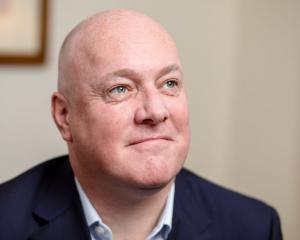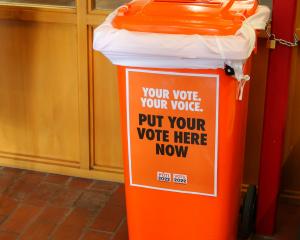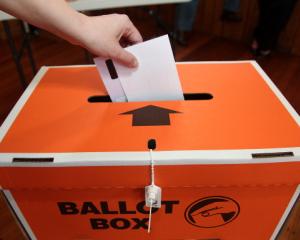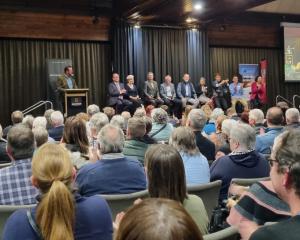
She also discussed low voter engagement in the local body elections, whether the Three Waters programme is undermined by new mayors who oppose it, and former Cabinet minister Kris Faafoi's new role heading a lobbying firm.
Labour gave endorsements to Wellington candidate Paul Eagle and Auckland mayoral hopeful Efeso Collins. Both men resoundingly lost.
Ardern dismissed the idea that could reflect dissatisfaction with Labour.
"I've never been one to read particularly into local government elections in that way, or to make those direct comparisons...,"Ardern said. "Even when we had in every supercity election a progressive candidate who has succeeded under a National government. Local government you see it move in its own rhythms across the country.
"When you look back and take Auckland as an example during Helen Clark's time you had John Banks, during Key's you had Len Browns, during us we've had Phil Goff and now Wayne Brown. I don't think there's a simple straight reflection, particularly when you don't have straight political party tickets in the same way.
"Labour will have endorsed candidates even when we're not running a ticket, or having someone that's directly campaigning as a Labour candidate - we have endorsements ... but I don't think it means that there's a simple straight reflection."
The newly elected mayors includes a clutch now opposed to the government's Three Waters reform. Does that change the way the government will push ahead with the reform?
"Across the country we still had 37 mayors re-elected ... and that local government as a whole has supported reform," Ardern said.
"I think that's a reflection that whilst there are many who have expressed a view on Three Waters, you haven't had anyone arguing the counter factual - and that is, if we stick with the status quo that they would support rate rises, which is the inevitable outcome.
"That is the reason we are pursuing this - the alternative to Three Waters is rate rises in the thousands because of the additional water infrastructure that is required, no one's out campaigning on that."
Three Waters was still open for submissions, she said.
"We are in a phase though where we have have [it] before select committee, we're hearing submissions, and we've been open to changes, to try and make these the most effective changes that we can, because they are so necessary."
Voter engagement for local body elections typically falls significantly below the rate of voting for national elections.
Only 36 percent of those eligible cast votes in these local body elections. Ardern said that is simply too low.
"In my mind - and this is a personal view - change is required. The way we engage with postal ballots has changed - the way we're engaging with post has changed. I just don't think we can stick with the status quo with turnout of this nature."
Could a shift to online voting for local elections help?
"This is where I think we really need to really work with local government. They have the ability to decide between postal ballot and in person and they've always opted for postal. The one concern raised with online is the ability to add enough protections to make sure it's secure - that's a legitimate concern - but it doesn't mean that sticking with postal is the right answer.
"I do want to hear what local government has to say, and what their view is. But what is absolutely clear in my mind is that we can't just stick with the status quo."












